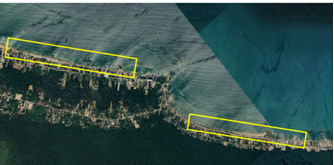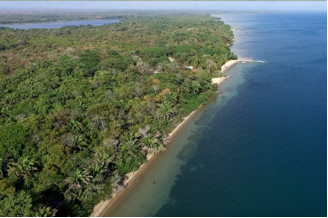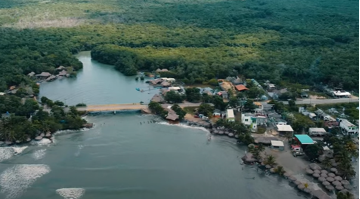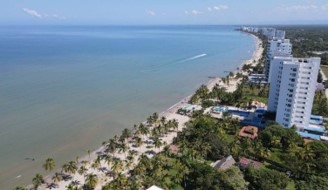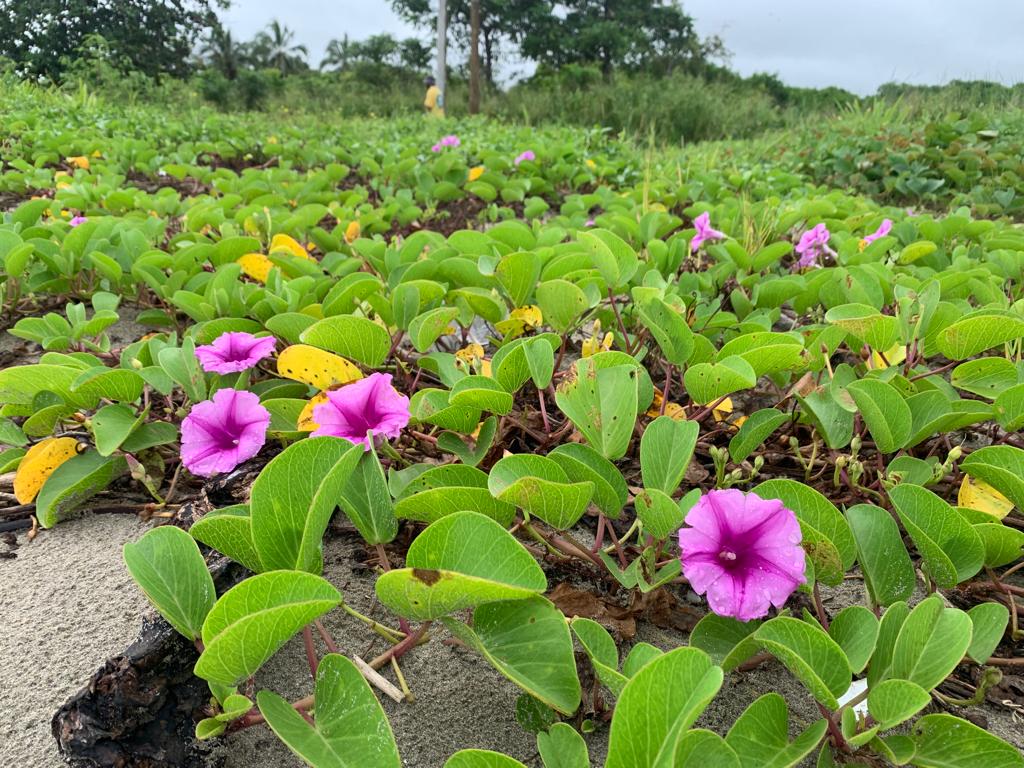The purpose of this plan was to define mitigation and adaptation strategies against climate change of approximately 50 km of beaches and 860 hectares of land and thus promote adaptation processes that reduce vulnerabilities and promote the resilience of socio-ecological systems in the coastal area of the departments of Sucre and Córdoba (Gulf of Morrosquillo), area close to indigenous communities such as the Zenúes. Coastal erosion is considered one of the problems with the greatest impact on both indigenous communities and marine ecosystems in Sucre, about 20 km of beaches have been lost in the Gulf of Morrosquillo thanks to erosion mainly due to human causes. The urban, industrial, residential, tourist, aquaculture, road and port infrastructure that was built in the coastal beach-dune system, generated various impacts, from the alteration of a part of its structure, to its total loss. Constructions are obstacles that interrupt or divert the flow of water and sediment, which modifies the sedimentary balance. The decrease in the availability of sediment and the interruption of natural transport between the coastal dunes and the beach favors processes of erosion and retreat of the coastline. Through this plan that had a duration of 3 years, we encouraged the protection and planting of coastal vegetation of 50 km of beach impacting about 860 hectares of the Zenú indigenous territory; that benefits 400 families by enabling their resilience to climate change. protecting the dunes that constitute natural deposits of beach sands. At the same time we created an education plan for institutions on the main causes of erosion and other effects of climate change in indigenous communities of the coast through informative, promotional and testimonial talks, we created educational projects for the transfer of good practices where a work team composed of science teachers, biologists, employees of the municipal administration and experienced fishermen. We also assess the conservation status of the species that are victims of this effect, and thus record their populations on the biodiversity conservation red lists. We have the support of the Zenú indigenous community.
